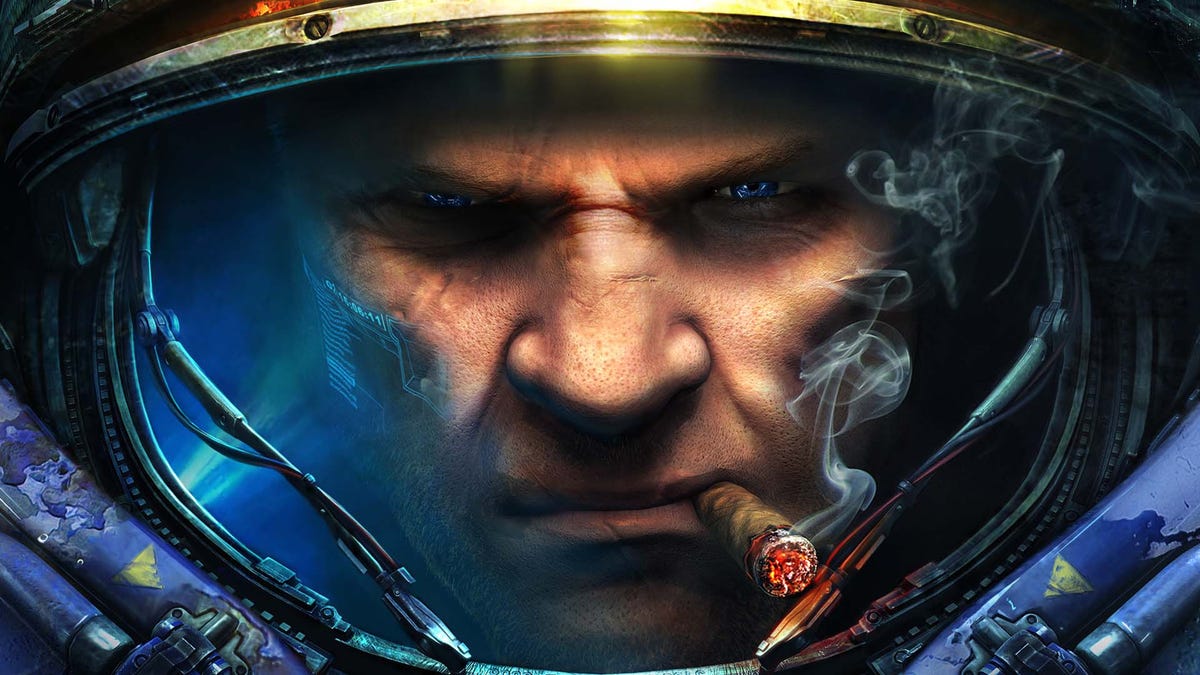I’m not a huge fan of Dungeons and Dragons. The legendary board game never called me much, so I thought about it twice before starting the analysis of Solasta: Crown of the Magister, a tactical role-playing game with a turn-based system based on the ones in the SRD 5.1 version of D & D contained rules. After spending a weekend playing this startup of Tactical Adventures, I have to say that I was surprised as it was one of the tactical RPGs that got me excited the most.
In Crown of the Magister, the action takes place in Solasta, a fictional place where a group of people of different races, beliefs and abilities venture into a dangerous magical world to duel, search for equipment and develop their new skills enhance a sprawling plot with a mysterious and extraordinary gold crown. This title works as the digital version of the D&D board game and not only does it let you fight with a turn-based combat system, but it also immerses you in its distinctive universe by putting yourself in the shoes of the characters you created for your life Adventure.
The creation of these characters is one of the most important parts of Solasta as it has a huge impact on the development of the game. The extensive customization system allows you to change race, class, gender, tone of voice, character and ability distribution, among other things. This is an important step that not only affects how your team handles battles, but also your understanding and interacting with the world. For example, one possibility is to create a warrior with a lot of strength and charisma to take the damage and lead the conversations, and also to have a very wise and intelligent wizard who does damage with his spells and at the same time is thanks to hers Knowledge is an anchor point when exploring the world.
These aspects are important as Solasta works like D&D in the sense that many of the choices and choices that are presented to us depend on a cube, the probability of which to achieve a satisfactory result depends in turn on the points that each character has certain attributes. For example, if a character has six story points and needs at least 12 points to have a successful interaction, they only need to get six or more points if they roll a twenty-sided die. In short, while in the D&D board game individual characters may need to coordinate their strengths with the rest of the team, in Solasta the team’s strengths and weaknesses depend entirely on you.
In Solasta: Crown of the Magister, a large part of the game is developed through its storyline, which is revealed in the interactions between team members and with other beings around the world through an interesting and well-written narrative style. However, the turn-based combat system offers a lot in this regard as well. This is a common strategy system where each character on the team can make a certain number of attacks each turn based on their class and skills. The difference is that the success of an action or the damage it causes is not determined by percentages, as is the case with X-COM. B. whether the enemy is in sight, whether he is under cover. or whether it is far, but in any case success depends on what the cube dictates.
A priori one might think that this system depends more on luck than on a percentage; The reality is that when using a twenty-sided die, the chances of getting small numbers that cause attacks to miss or cause little damage is much lower than, say, the chance of missing an attack with a 60% chance in X. -COM which, as those who have played this other title can attest, are almost certain to fail.
Tactical Adventures created an affordable, easy-to-understand version of D&D that is easy to immerse yourself in. Solasta offers a wide range of RPG elements and mechanics so that the most dedicated and knowledgeable community will be busy, but at the same time it has been designed so that those who don’t have much experience with D&D or strategy games in general can enjoy it without being overwhelmed.
One negative aspect of Solasta is that there is no multiplayer mode other than creating dungeons that offer the opportunity to play those designed by other players. After trying it I think it would be very useful to have a way in which each person controls a character, as is usually the case with traditional D&D, so that the team would be able to work together to make the right decisions terms of battle and narrative to survive and reach the end of the adventure.
However, to get rid of this disadvantage, I no longer have any complaints. Solasta: Crown of the Magister is a well-designed strategy game and an accessible version of the legendary D&D of his life. Its turn-based combat system and addicting story make it a great RPG of a fantasy genre that you won’t want to stop playing, whether you are a fan of Dungeons and Dragons or not. While I really liked the title, I don’t think I’ll manage to become a D&D fan, but I look forward to seeing them add new adventures to reunite my eccentric group of quirky characters and to travel to this great magical world again.












